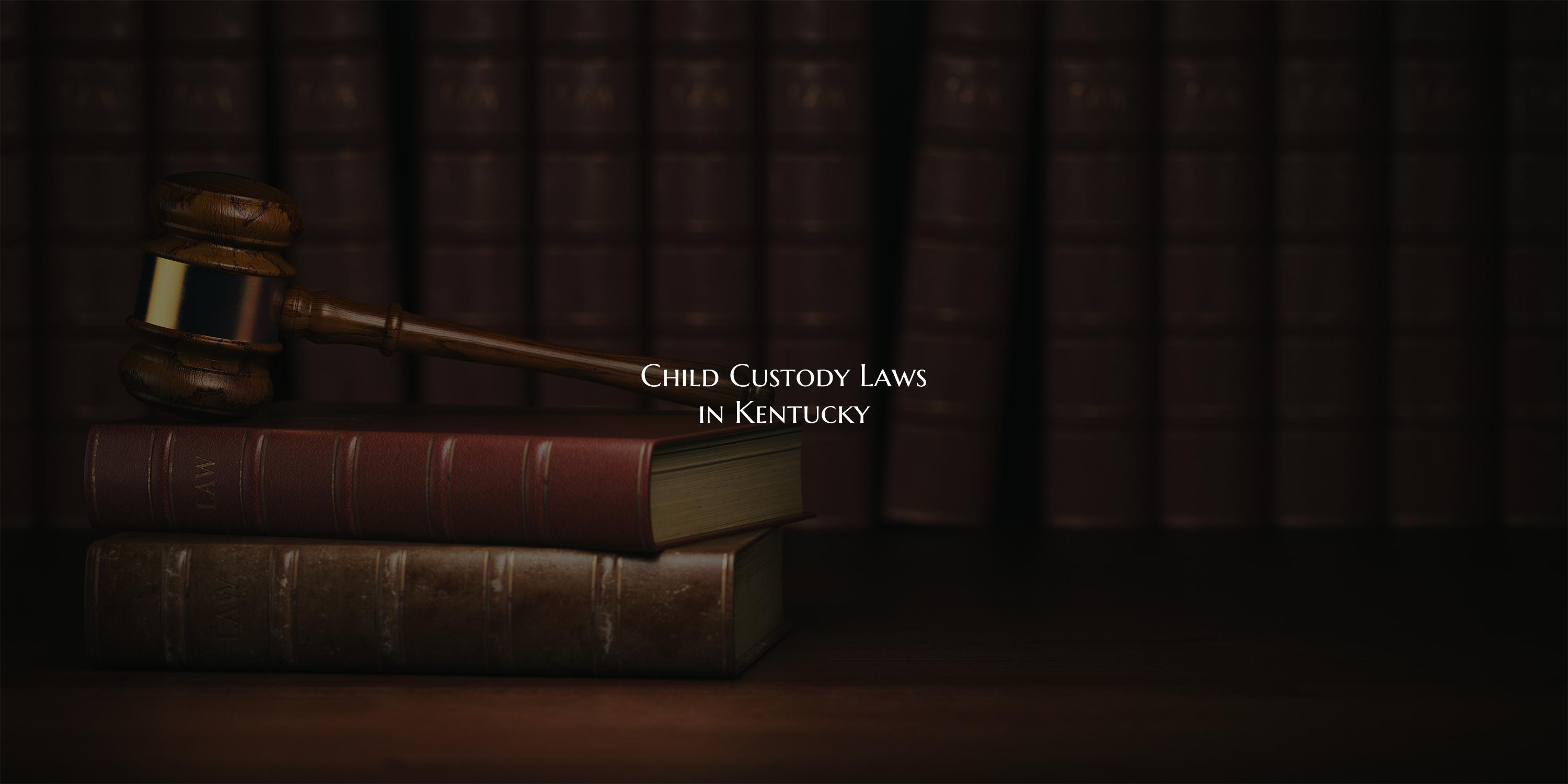
Child Custody Laws in Kentucky
Child Custody Laws in Kentucky
Child custody laws in Kentucky aim to prioritize the best interests of the child when determining custody arrangements. These laws outline guidelines and factors that courts consider when making decisions regarding custody and visitation rights. Understanding these laws is crucial for parents navigating custody disputes or divorce proceedings involving children.
In Kentucky, child custody can be classified into two main types: physical custody and legal custody. Physical custody refers to where the child will live, while legal custody pertains to the authority to make decisions about the child's upbringing, including education, healthcare, and religion.
Courts in Kentucky consider various factors when determining custody, including the child's relationship with each parent, the ability of each parent to provide for the child's needs, the child's adjustment to their home, school, and community, and any history of domestic violence or substance abuse. Additionally, the court may also consider the child's preferences, depending on their age and maturity.
Kentucky encourages co-parenting arrangements where both parents play an active role in the child's life, provided it is in the child's best interests. The court may order joint custody, where both parents share physical and legal custody, or sole custody, where one parent has primary physical custody but may still share legal custody.
Parents in Kentucky can create a custody agreement voluntarily, either on their own or through mediation, which can then be approved by the court. If parents cannot reach an agreement, the court will intervene and make a custody determination based on the best interests of the child.
It is important for parents in Kentucky to familiarize themselves with the state's child custody laws and seek legal advice to understand their rights and obligations. By prioritizing the well-being of the child and working towards a cooperative co-parenting relationship, parents can create a stable and nurturing environment for their children despite the challenges of divorce or separation.
